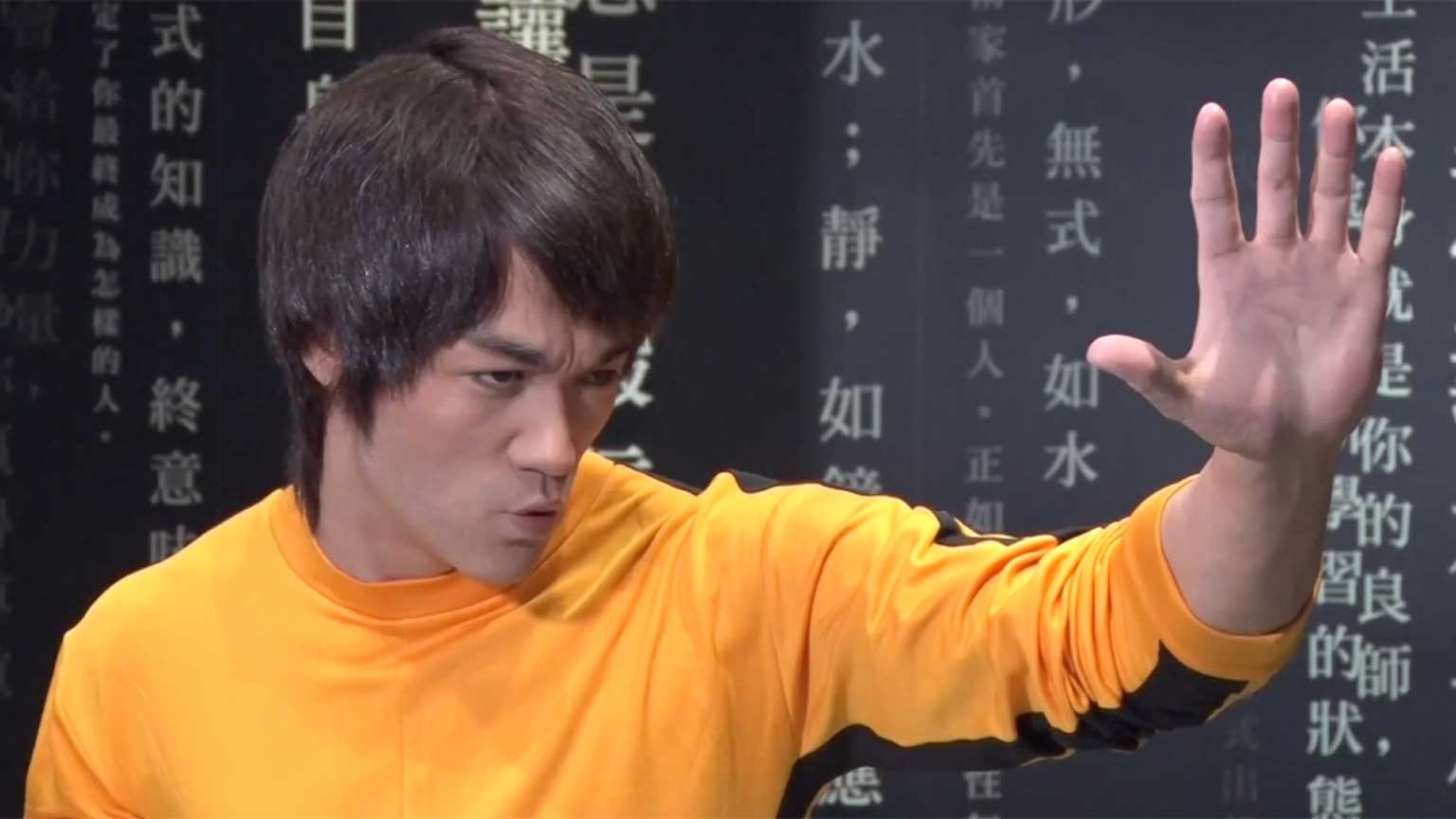In Japan, commemorative screenings of Lee's works across the country have attracted both old fans as well as younger generations.
One Japanese man who went to one of the Tokyo screenings earlier this month said Lee "resembles my youth, or even my life itself."
Another man attending the same event said Lee's "charismatic nature has not declined at all after 50 years. It's shining even more."
A younger woman who also watched the film said, "The movie seems fresh and moved me a lot."
The protagonists Lee played in his films had something in common: a motivation to fight on behalf of weaker friends and family.
His roles depicting him standing alone against powerful evil forces, as well as his well-trained body and skillful techniques, made him a hit with audiences around the world. Lee's popularity transcended racial and language barriers, which helps explain his continued appeal.
In Egypt, where Lee is a beloved "hero of the common people," his movies are still broadcast on television every few months. A gym teaching Lee's martial arts is popular with many kinds of people, including women and children.
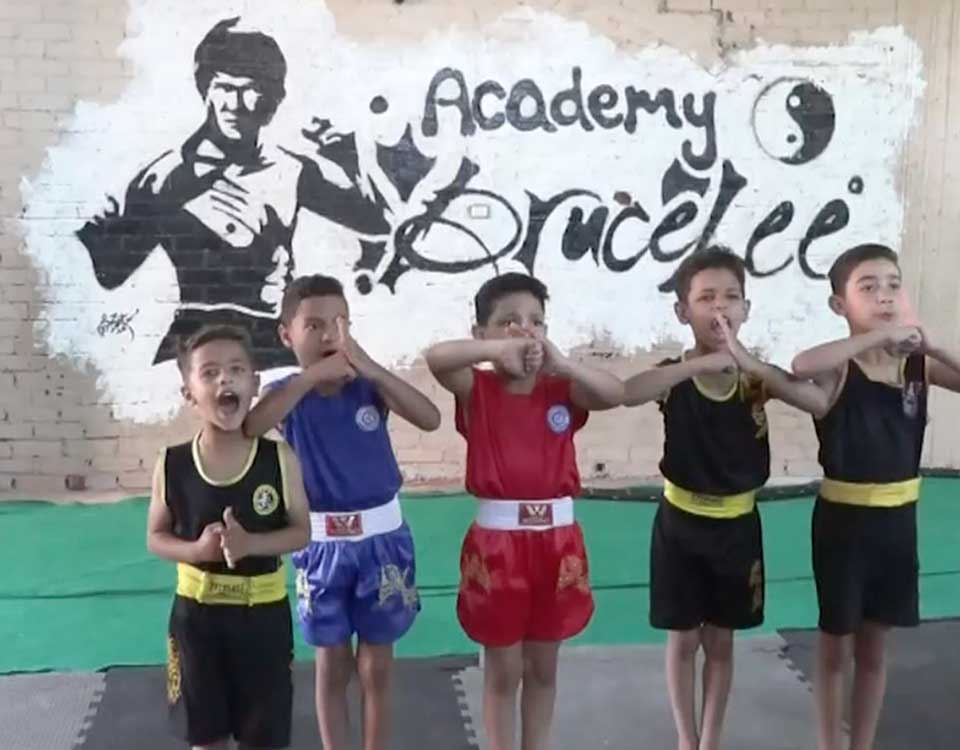
In the United States, San Francisco has been holding a retrospective of Lee's work since last year.
A museum in Hong Kong, where Lee grew up, is showing new exhibits which include a statue of his upper body and a magazine from the 1970s with photos. The museum's collection had already included around 400 items related to Lee.
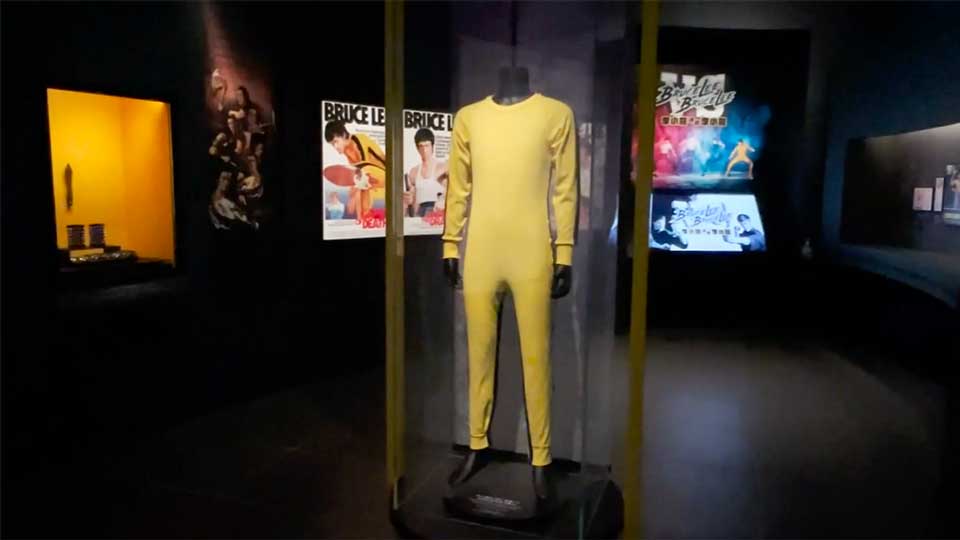
Lee's words still resonate today
Some of Lee's words still resonate with people today.
Among his most famous lines are, "Don't think, feel," from the 1973 film "Enter the Dragon."
Another of his sayings has become a popular slogan of young pro-democracy protesters in Hong Kong, after a series of massive demonstrations there in 2019.
"Be water," Lee said in a TV interview two years before his death.
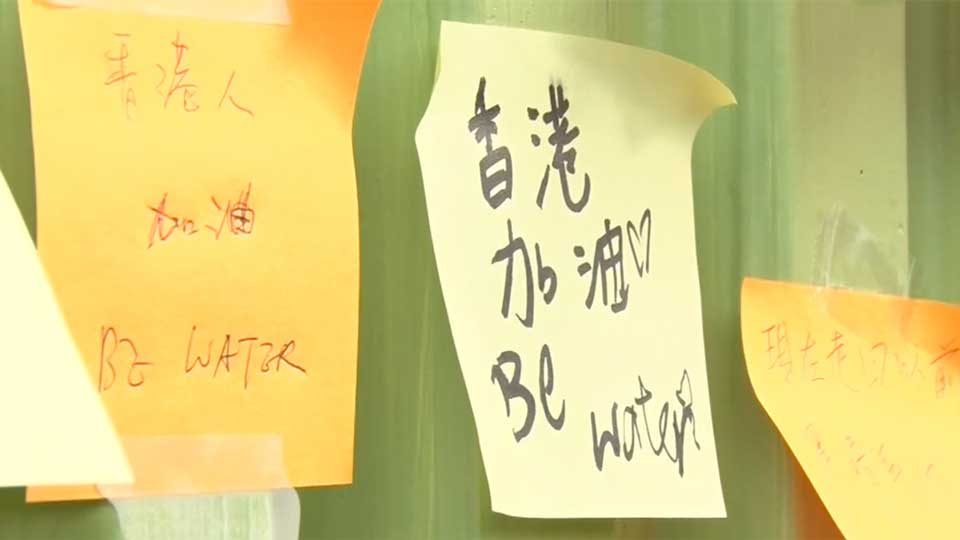
"Empty your mind. Be formless, shapeless, like water. Water can flow or it can crash. Be water, my friend," Lee said.
Water can freely change its shape depending on the situation, expressing the "ultimate intent of battle," he said.
'Be Water' means waiting for 'right timing to come'
Sam Yip, a Hong Kong pro-democracy politician, is now a graduate student in Tokyo, where he has continued his activism.
Yip first came across Lee's words, "Be water" on social media while he was protesting in Hong Kong in 2019.
He said he believes the slogan also means that if the timing of something is not good, one should wait for the tide to change.
"I think that calling for democracy in Hong Kong, preparing for the right timing to come, I think that is another message that 'Be water' conveys," Yip said.
Hong Kong's crackdown on protest activities has intensified. In 2020, after the territory's national security law came into effect to crack down on anti-government movements, pro-democracy activists were arrested one after another.
Yip and many of his peers have left Hong Kong, where protests are no longer possible. Some of them have established a group in Japan and continue to speak out in solidarity with their friends around the world.
As the Hong Kong police tighten their control day by day, Yip said he wants to continue his group's activities "like water," without giving up.
"It would be a lie if I say I'm not scared. But even if we're driven into a corner, we can change our form like water and take a flexible approach. 'Be water' is a great saying, and it will remain in our hearts," Yip said.
Lee symbolizes Hong Kong's 'good old days'
Professor Kurata Toru of Rikkyo University, an expert on Hong Kong politics, points out that the historical background of Lee's words is one reason they spread among Hong Kong activists.
Lee was active in the early 1970s, a time when Hong Kong was "achieving economic development and had a sense of unity in society," Kurata said, which is why Lee "has been remembered as a symbol of the good old days."
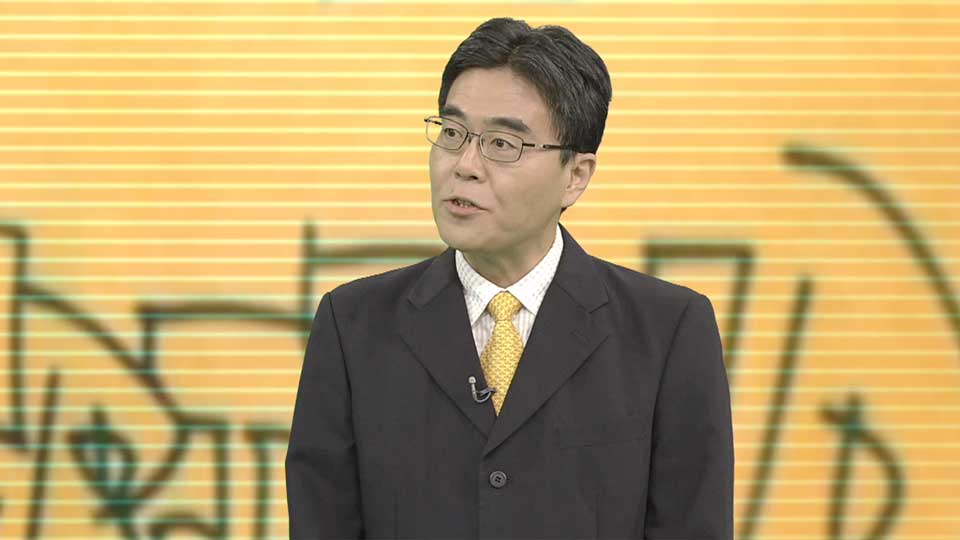
Since China's development began, Hong Kong society as a whole, including the film industry, has had to give consideration to China, both economically and politically, Kurata said.
"Lee died before that happened, so young people see him as a person who did not fawn upon Beijing," he said.
